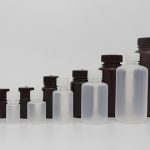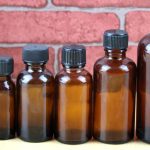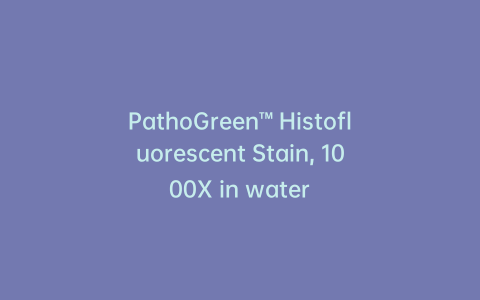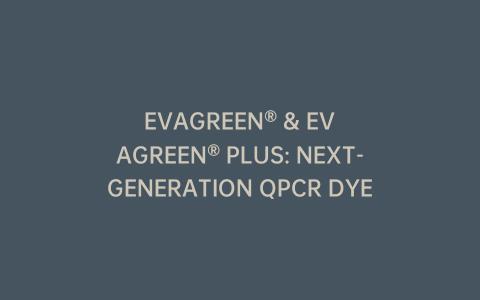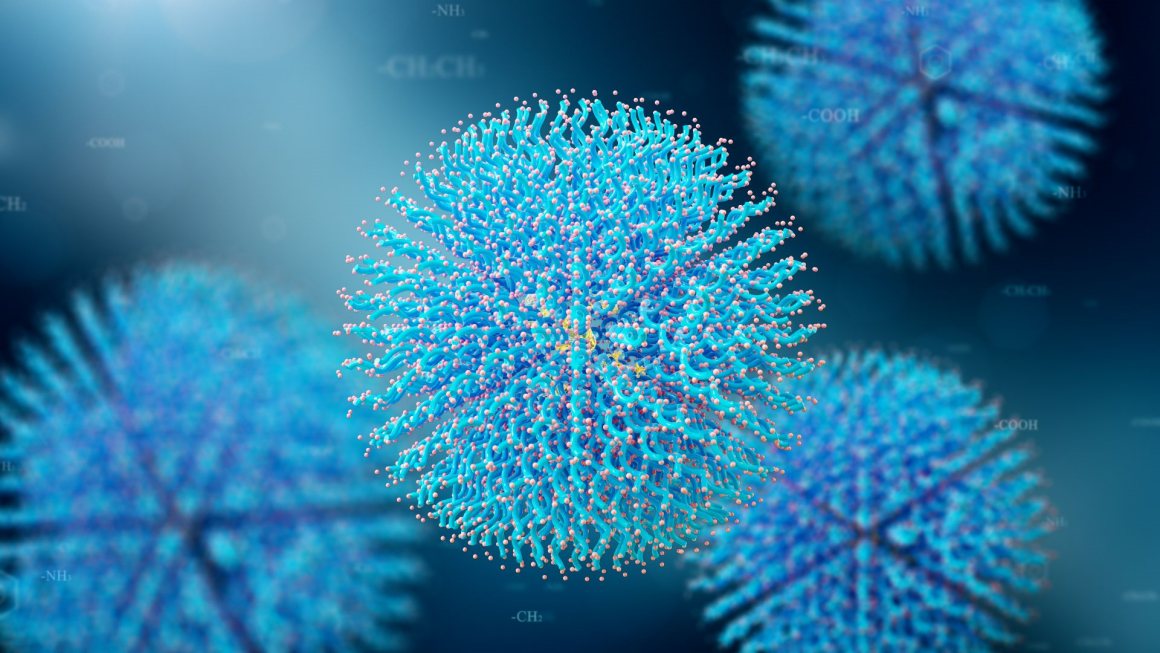mRNA vaccines are a transformative solution in vaccine technology that lead to transient antigen expression. Such instant expression is often desirable due to its minimal risk of genetic transformation. However, it affects the efficacy of mRNA and requires a higher dose. To address the issue, researchers have attempted to augment mRNA to include genetic elements that allow self-transformation. The attempt allows mRNA (SAM) vaccines to self-amplify so that a dose lower than non-self-amplifying vaccines is required.
SAM should be delivered to cells by certain carriers that protects it and escorts it to where it needs to go. Previously, the four different cationic SAM delivery platforms, including liposomes, solid lipid nanoparticles (SLNs), polymeric nanoparticles (NPs) and emulsions, have not been compared. All of the formulations were prepared using scalable microfluidics manufacturing practices. Liposomes were prepared using the lipid mixtures of DOPE with DOTAP or DDA at 1:1 w/w, SLNs were prepared as a mixture of Tristearin, DMG-PEG2000, and DOTAP or DDA (1:1 w/w), and NPs were prepared by the mixture of poly lactide: glycolide (50:50), PLGA, and DOTAP or DDA (1:1 w/w). Emulsions were oil-in-water formulations using a mixture of DPTAP or DDA and squalene. All of the four formulations were loaded with SAM-RVG.
In vitro testing of DOTAP, DDA liposomes and DOTAP NPs resulted in the in vivo testing of the formulations. DOTAP NPs produced a robust immune response efficiently in mice, with a comparative potency to commercially available vaccines Rabipur and the benchmark CNE56. Through further optimization, DOTAP NPs could become an important alternative synthetic delivery platform for SAM vaccines. The study offered a platform for better SAM vaccine delivery systems.
